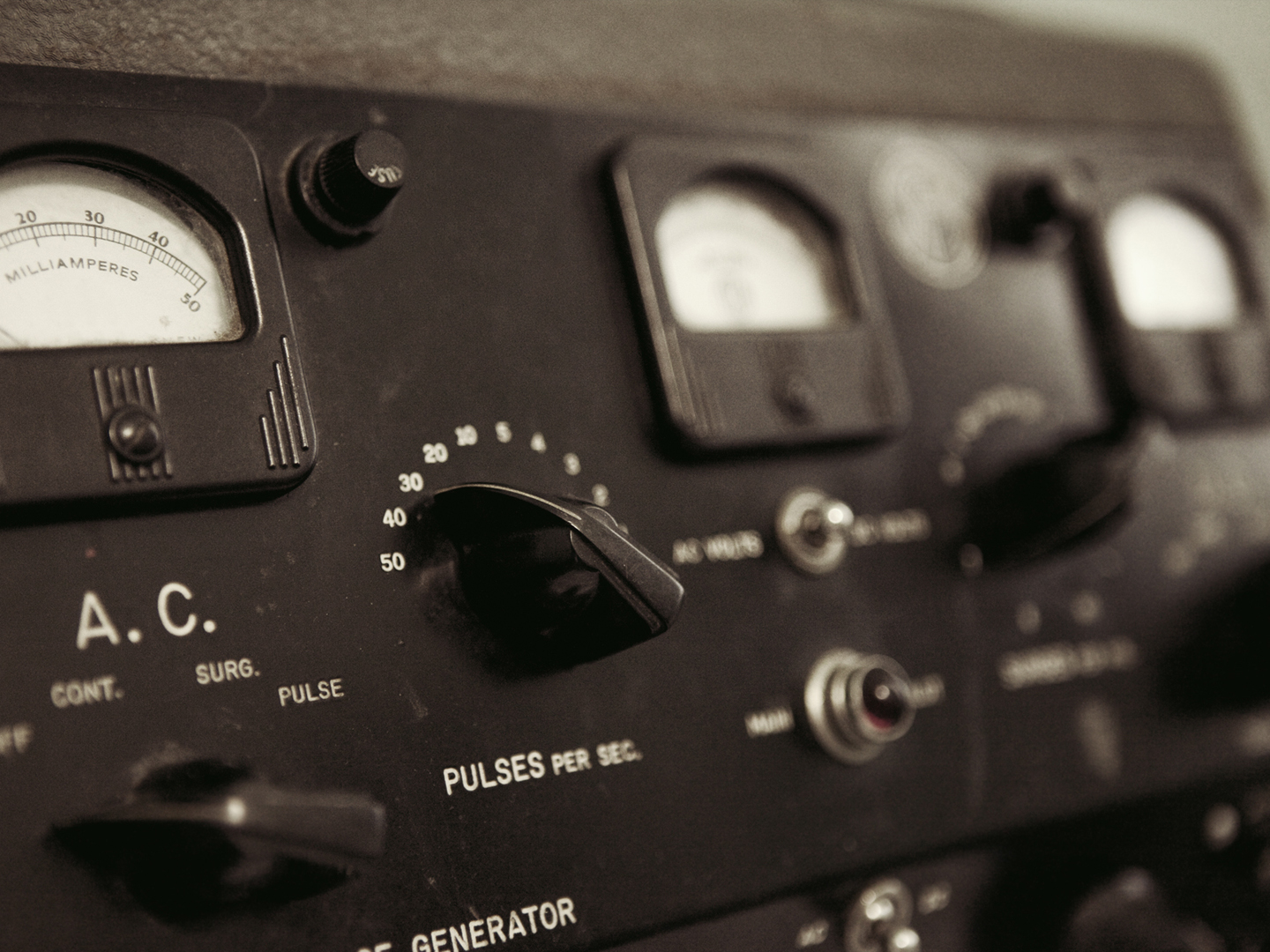Abolish Electroshock Therapy?
I’ve been reading about electroshock therapy because it’s been recommended for a severely depressed friend. I’m horrified by the side effects. This seems to be a barbaric treatment. What are your views?
Andrew Weil, M.D. | August 23, 2007

Electroconvulsive therapy (ECT), popularly known as shock therapy, is sometimes used to treat severe depression, schizophrenia and other mental illnesses that haven’t responded to drugs or psychotherapy. It involves the passage of a weak electrical current through the brain, producing a seizure that typically lasts 30 to 60 seconds. A series of six to 12 treatments is the usual recommendation.
No one knows how or why ECT works. It reportedly helps up to 80 percent of severely depressed patients, but opponents of treatment maintain that the relapse rate is high and that there is no proof that ECT remains effective for more than four weeks. A study by Harold A. Sackeim, Ph.D., of the New York State Psychiatric Institute, published in the March 14, 2001, issue of the Journal of the American Medical Association, found that without drug treatment afterward, all of the ECT patients participating relapsed within six months and that even with the most effective drug treatment the relapse rate was high.
Still, ECT has its adherents, including patients who credit it with short-circuiting their depression and restoring them to normal functioning. In that group are pianist Vladimir Horowitz, television personality Dick Cavett, Yale University professor of surgery and noted author Sherwin P. Nuland, M.D., and Kitty Dukakis, wife of former Massachusetts governor and presidential candidate, Michael Dukakis.
I’ve read the passionate arguments of those who believe that ECT should be banned. They argue that risk of death from the procedure is much higher than the estimated one in 10,000, perhaps as high as one in four among the very elderly. Side effects are also a significant concern. Some degree of memory loss affects virtually all patients and can be long-lasting, even permanent. When Dr. Sackeim and his team looked at several hundred patients with major depression who had been treated with ECT, they found cognitive deficits caused by the procedure that remained six months after treatment. These were worse among the elderly, women and those with lower IQs prior to treatment. The study was published in the January 1, 2007 issue of Neuropsychopharmacology. Other side effects, which usually occur in the immediate aftermath of treatment, include headache, muscle ache, nausea and confusion.
Clearly, this is a troubling issue, fraught with questions for which there are no good answers. Treatment that poses risks to memory, cognitive abilities and life itself should be considered worthwhile only if proved to be effective and long-lasting. ECT doesn’t appear to meet that criterion. But for the severely depressed, suicidal, and those affected with other disabling and tormenting mental disorders, the relief it can provide may make it worth the risk and the probability of relapse. This is a tough call. Considering ECT is not unlike contemplating a difficult surgery that has both risks and benefits. I believe ECT should be looked at as an option when other treatment modalities have failed. Severe depression is a life-threatening illness; the risks of ECT may be acceptable in some cases when nothing else works to turn it around.
Andrew Weil, M.D.










